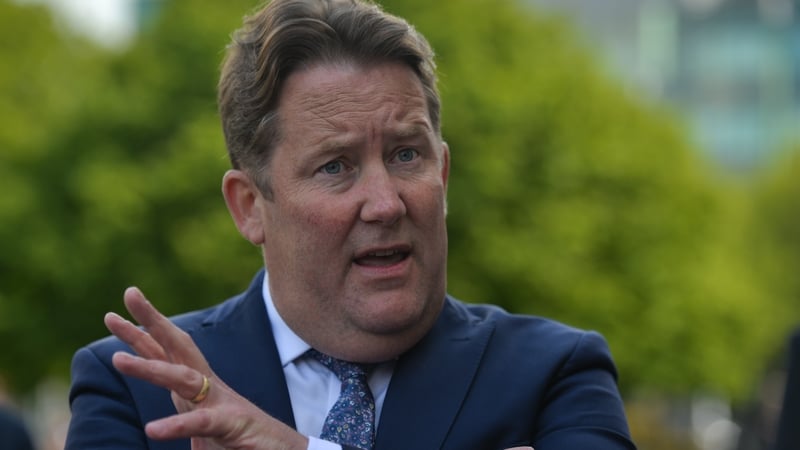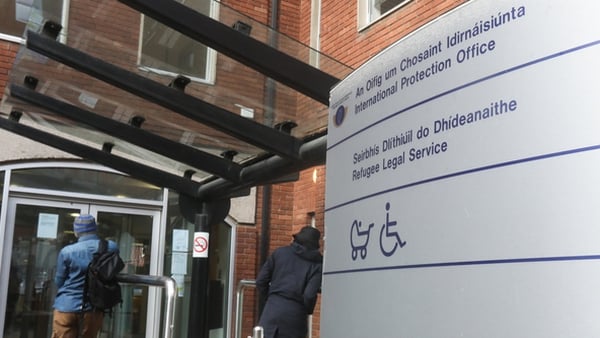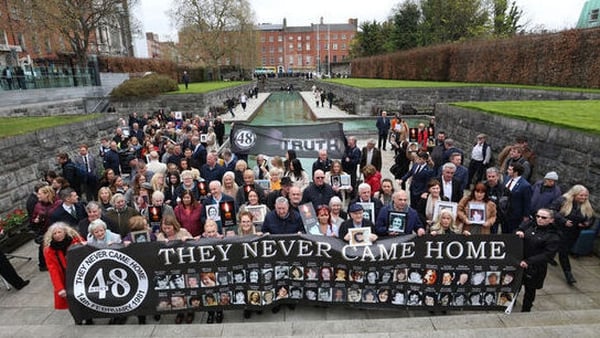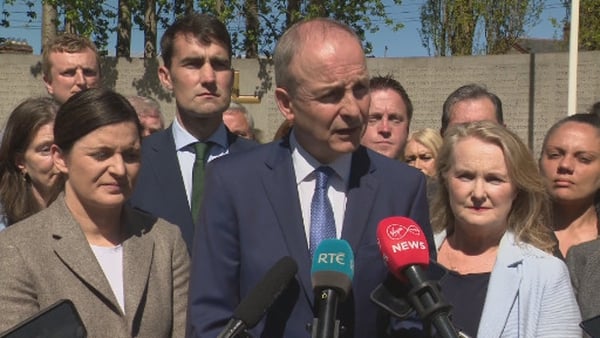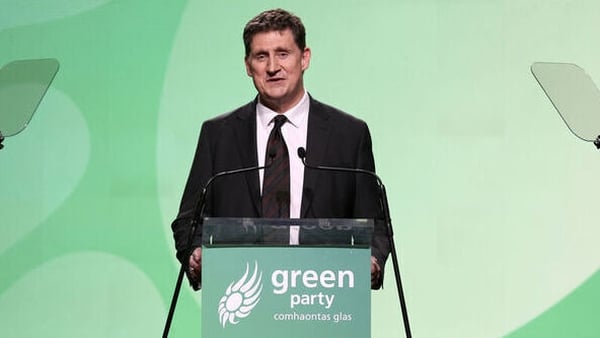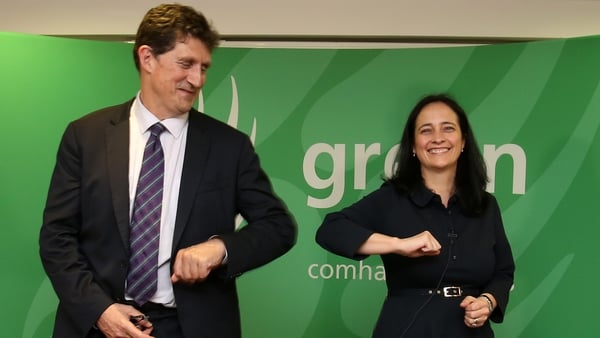The decision to end the ban on evictions at a time of record homelessness could be one of the most consequential ones taken by this Government.
Homelessness charities have predicted a sharp hike in those losing their homes from 1 April when the moratorium runs out and opposition parties have united in condemning the move.
The danger for the coalition is that the fallout will be very real and measurable with human faces. In the very worst cases, there could be replays of previous low points in the housing crisis when families with children had to sleep in Garda stations.
Homelessness for January reached 11,754 - the highest ever figure. The impact of the lifting of the ban will feed into the numbers published at the end of May. And if they jump steeply, the Government will feel the heat.
But the ramifications of today’s determination will play out over several months as the ending of the eviction ban will be phased out from April until mid-June depending on length of tenancies and timing of a notice to quit.
So why would the Government make such a decision?
Ministers have stressed that while extending the ban would have helped in the short-term, their view is that it would have made things worse in the medium to long-term by accelerating the exit of small landlords from the market.
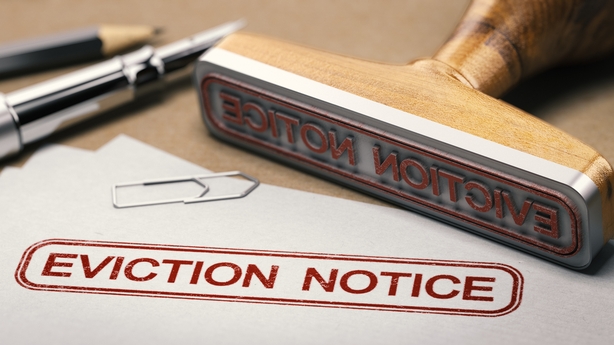
Taoiseach Leo Varadkar told the Dáil that the decision was "finely balanced" with pros and cons but he believed the Government had got the balance right in the "overall" public interest.
He cited three reasons for not extending the ban.
Firstly, it has not been effective as numbers are rising. Secondly, it is creating a new form of homelessness for homeowners returning to Ireland who are unable to access their properties. And thirdly, it would have driven rents up further by causing more landlords to exit the market and discouraging new landlords from entering.
This point was echoed by Housing Minister Darragh O’Brien who acknowledged that homelessness is likely to increase in the short-term, but he added that Ministers had to "balance the short-term impact against the medium to long-term negative impact on the sector".
Charities and politicians all acknowledge that the exit of small landlords has been a massive factor in a dysfunctional rental market in recent years.
43,600 landlords sold up in the five years to 2021 according to the Residential Tenancies Board. This has led to a squeeze in supply along with higher rents as small landlords service the cheaper end of the market.
But where the Government and opposition diverge is on the impact of the eviction ban on this exodus.
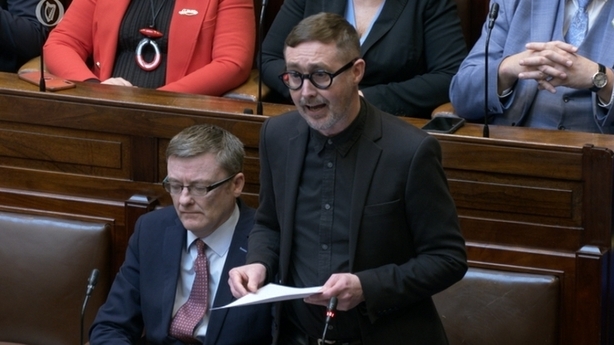
Sinn Féin’s Eoin Ó Broin said that landlords will continue to leave the market despite the decision to end the eviction ban. He said this phenomenon had been apparent for several years now and is certain to continue.
Property owners have been calling for tax reliefs to aid profitability and the Housing Minister said today this may be looked at in October’s budget but so far, there is no further detail.
Another aspect of this decision is the legality of extending the eviction ban - something that has been hotly debated and contested in recent years.
In the run-up to the decision, Government ministers placed much weight on the advice that would be given by the Attorney General on whether an extension of a temporary, emergency measure would be constitutional.
Green Party TD Patrick Costello has called for Rossa Fanning’s advice to be published and he said there were plenty of barristers who say it is perfectly constitutional to continue the ban.
The Taoiseach responded that the AG advised it would be possible to justify another temporary extension only if it could be demonstrated that it would do more good than harm in the round.
However, he added that the Government’s decision was that an extension was not in the public interest overall and was not made solely on the AG’s direction.
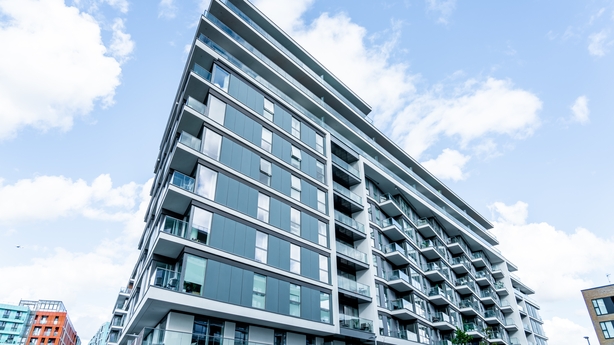
But perhaps the key point in the discussion is whether the ban worked. Homelessness has increased during every month of the pause which on a superficial analysis might indicate that the moratorium was not effective.
Those who work with homeless people are adamant that the ban was effective. Threshold CEO John-Mark McCafferty said that the numbers would have been much worse in the absence of the moratorium.
Minister Darragh O’Brien has acknowledged that the ban did stabilise the problem and there was some reduction in child and family homelessness.
He added that January’s figures illustrated that family breakup was one of the main drivers of the rise in those presenting as homeless.
This could not be prevented by an eviction ban but the moratorium clearly did stop no fault evictions taking place.
That protection is now set to expire and the impact is certain to be brutal in the short-term. 2,700 notices to quit were paused when the ban came into effect on 28 October.
Those notices will now begin to be enforced. Not all will be carried out for various reasons, but many will. On top of that, new notices to quit would have been issued to tenants during the period of the ban itself.
Statistics are not yet available for how many such warnings were issued but the upshot of the lifting of the ban is clearly going to mean many more losing their homes.
And if a "tsunami of homelessness" does come to pass, the political consequences for the coalition will be very serious.
